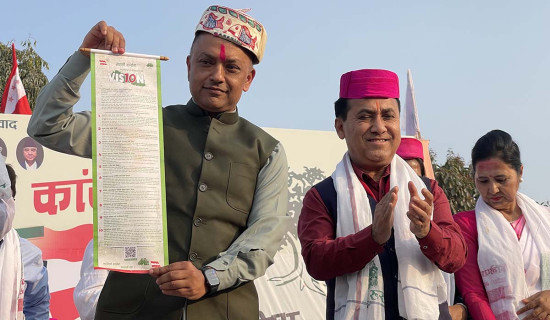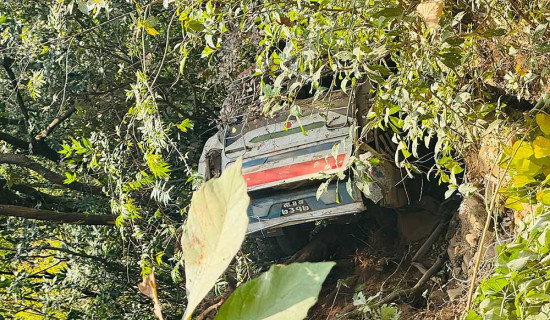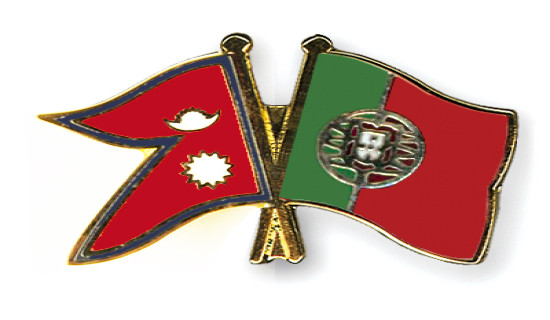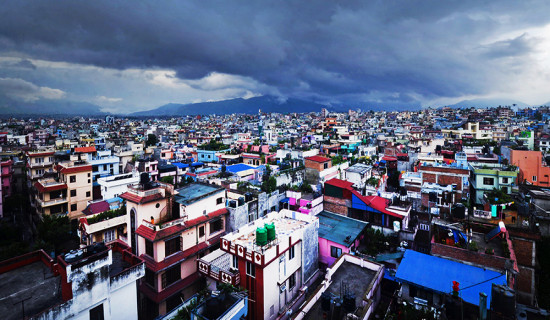- Thursday, 19 February 2026
Push For Economic Transformation
Economic transformation has been one of the much-talked-about issues before and after various political changes Nepal has gone through. But achieving economic transformation has not been possible owing to a lack of strong political will and commitment. Economic transformation involves moving labor from low to higher productive activities in the sector they are involved in.
For a country like Nepal where the majority of the population has been engaged in subsistence agriculture, the process of economic transformation requires to begin with modernization and commercialization of agriculture to increase production and productivity. This helps reduce dependency on agriculture by shifting the excess population to agro-based industries and other potential service and manufacturing sectors.
It is worrying that despite being an agricultural nation, Nepal has been importing agricultural products worth billions of rupees annually. In the fiscal year 2020/21, the country imported rice grains alone worth Rs. 50 billion. In the past, the nation used to export food items, including rice.
The import value of live animals and meat items is equally higher. This shows that the import of agro-based products which we can easily produce in the country is alarmingly driving a deficit of trade and balance of payment.
Realizing the fact, Finance Minister Janardan Sharma has said that the Nepali economy needs urgent transformation, mostly in agriculture and state mechanisms. According to him, revolutionary changes are needed to transform the agriculture sector in order to make it able to substitute imports that have reached Rs. 300 billion a year.
The country’s foreign currency reserves are also facing a lot of pressure as it is importing even those goods that could be grown here. Sharma, who has initiated budget-related discussions, believes that the national economy could be strengthened by taking different measures such as development in agriculture, reduction in imports of petroleum products, increase in the generation and consumption of hydroelectricity and tourism.
The government is planning to reduce the consumption of fossil fuels by 20 percent and shift the subsidy given to LP gas to the electric cooking appliances to substitute import of the cooking gas. The Nepal Oil Corporation is currently supplying the LP gas to consumers bearing a loss of Rs. 932 per cylinder.
As the country is facing a balance of payment deficit and depletion in foreign reserves posing a threat to aggravating the economic crisis, it is urgent to intensify the process of economic transformation.
The agriculture sector should be accorded the topmost priority which could lead to the transformation of other sectors gradually. For the transformation of subsistence agriculture into a modern and commercial one, and also to help industrial development, the government and the political parties should step up monumental measures in regard to the utilization of land and ownership patterns.
Agricultural transformation and productivity enhancement is not possible under the current landholding and utilization form. Therefore, the political parties and the government bring about revolutionary changes in it without calculating any political gains and losses. In addition, the government should also focus on modernization and mechanization of agriculture and managing quality agro-services and inputs. Attracting youths into agriculture and advancing this as a decent profession in the perception of society is essential.









-original-thumb.jpg)
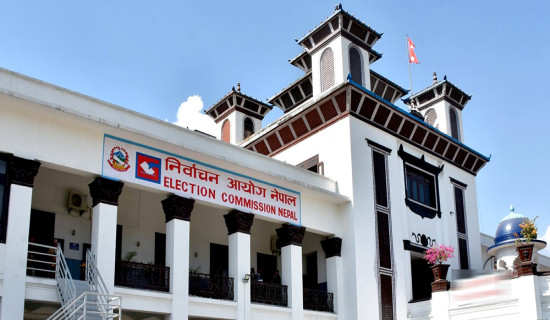
-original-thumb.jpg)

